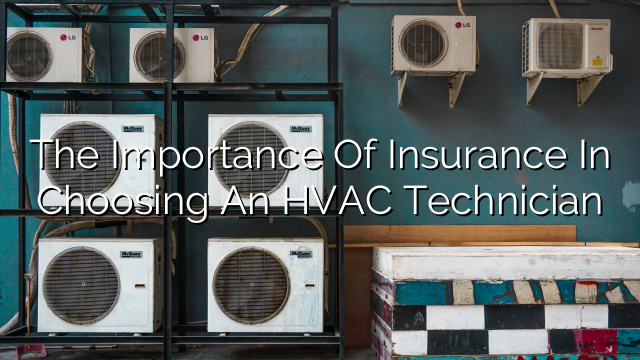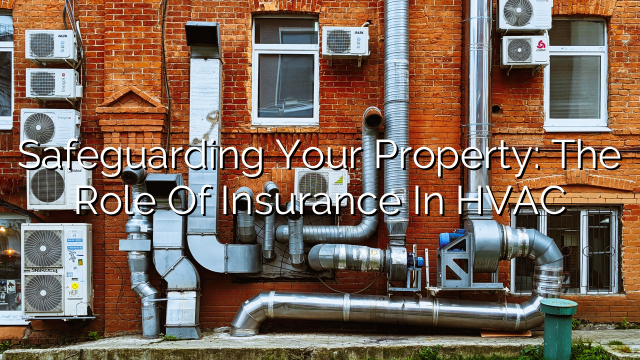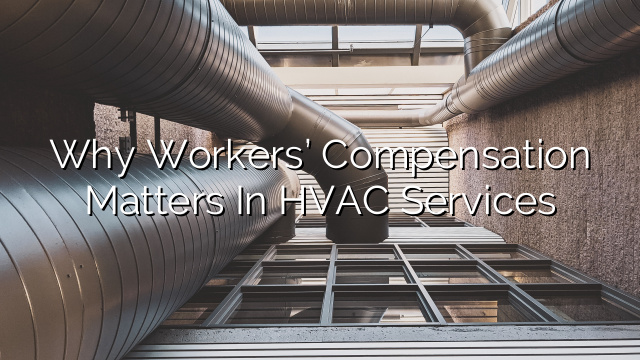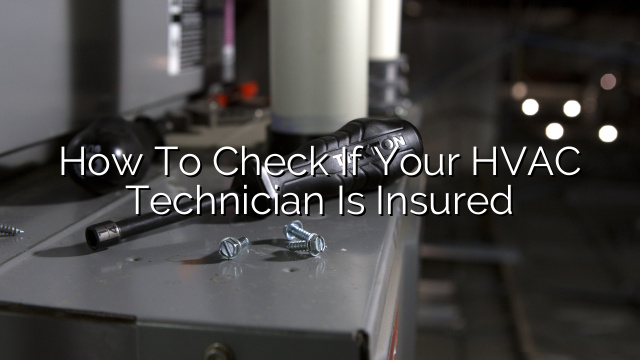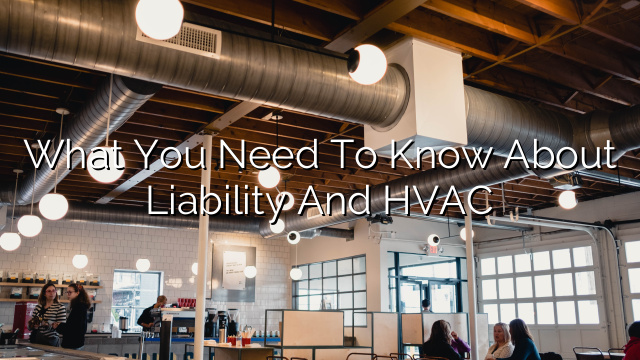Navigating Insurance and Liability for HVAC Technicians: Protecting Your Assets
Understanding the Importance of Insurance for HVAC Professionals
As an HVAC technician, working with heating, ventilation, and air conditioning systems presents a unique set of risks and liabilities. From mishaps during installations to accidents that cause property damage, technicians must be acutely aware of the potential for issues that could compromise their financial stability. Insurance for HVAC technicians is thus not just a recommendation; it’s a critical component of running a successful and responsible business. In this post, we will dive into the specifics of navigating insurance and liability effectively to ensure that your career— and assets— are safeguarded.
Types of Insurance for HVAC Technicians
Navigating the sea of insurance options can be daunting, but several key policies are essential for HVAC professionals.
- General Liability Insurance: This coverage is the cornerstone of any HVAC technician’s insurance portfolio. It protects against claims of property damage, bodily injury, and any associated medical costs.
- Commercial Auto Insurance: Since HVAC work often involves travel to client sites, this protects vehicles that are used for business purposes, covering damage from collisions or theft.
- Workers’ Compensation Insurance: If you employ others, this is a legal requirement in most states. Workers’ compensation covers medical expenses and lost wages for employees injured on the job.
- Professional Liability Insurance: Sometimes referred to as errors and omissions insurance, this coverage is crucial for protecting against claims of negligence or inadequate work.
- Equipment Insurance: HVAC equipment is expensive. This insurance covers the repair or replacement of tools and equipment if they are stolen or damaged.
- Bond Insurance: Bonds provide a guarantee to your clients that the job will be completed per contract terms, offering financial protection against incomplete work or non-compliance to codes.
Each of these policies plays a critical role in the comprehensive protection of your business assets and reputation.
Evaluating Your Insurance Needs
An accurate evaluation of your insurance needs is based on several factors:
- The Scale of Your Business: The size of your business and the number of employees you have will influence the types and amounts of insurance you need.
- Type of Work: The specific services you offer may require specialized policies. For example, if you provide services for large commercial systems, you may need additional coverage compared to someone who works solely with residential systems.
- Geographic Location: Depending on where your business operates, certain types of insurance may be legally required, or you may need to adjust coverage limits due to regional risks.
- Assets: The total value of your equipment, inventory, and vehicle fleet will determine how much coverage you should carry for property insurance.
Working with an insurance agent who specializes in policies for tradespeople can be extremely beneficial in identifying your specific needs.
Understanding Liability in the HVAC Industry
Liability refers to the legal responsibility for damages caused by your business activities. In the HVAC industry, there are numerous situations where liability can arise:
- Incorrect installation or repair leading to system failure or property damage.
- Injuries sustained by a third party due to your work or equipment.
- Advice or recommendations that result in a financial loss for a client.
Being cognizant of these risks can guide you in obtaining the right level and scope of liability coverage.
Minimizing Risks Through Best Practices
While insurance is essential, minimizing risks through best practices is equally important. Here are some tips:
- Training and Certification: Ensure that all technicians have up-to-date training and certifications for the equipment and systems they work on.
- Safety Protocols: Implement and enforce a comprehensive set of safety protocols to prevent accidents and injuries.
- Quality Control: Establish routines for checking the work done, which can limit errors and potential liabilities.
- Documentation: Keep detailed records of all work performed, advice given, and client communications.
Adhering to these practices will reduce the likelihood of an incident that could result in a claim against your insurance.
Dealing with Insurance Claims
If an incident does occur, knowing how to handle the situation is vital:
- Notify your insurance provider immediately after an incident.
- Document the incident thoroughly, including taking photographs and getting witness statements if applicable.
- Cooperate fully with your insurance provider during the claim process.
- Avoid admitting liability or making any commitments to the other party without your insurer’s guidance.
Effective communication and prompt action can greatly influence the outcome of a claim.
Choosing the Right Insurance Provider
Selecting an insurance provider should be undertaken with care. Look for providers with experience in the HVAC industry and who offer policies tailored to your business’s specific risks. Compare quotes, check customer reviews, and evaluate the level of service and support each provider offers. Lastly, ensure that the insurance company has a good financial rating, indicating its ability to pay out claims.
FAQ Section
What is the most common type of claim filed by HVAC technicians?
The most common type of claim filed by HVAC technicians usually involves general liability issues, such as property damage or bodily injury resulting from the work performed.
Do I need insurance if I am a self-employed HVAC technician?
Yes, even if you are self-employed, you should have appropriate insurance to cover your liability and protect your personal assets.
Can I get by with just general liability insurance?
While general liability insurance is critical, it likely won’t be enough to cover all potential risks. You should consider additional policies such as commercial auto insurance, professional liability insurance, and equipment insurance.
How often should I review my insurance coverage?
It’s advisable to review your insurance coverage annually or whenever there are significant changes to your business, like acquiring new equipment, hiring employees, or expanding services.
Is insurance for my tools and equipment really necessary?
Absolutely. The cost of repairing or replacing tools and equipment can be substantial, and having the right insurance ensures you won’t be paying out of pocket if they’re damaged or stolen.






